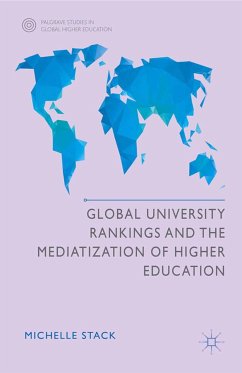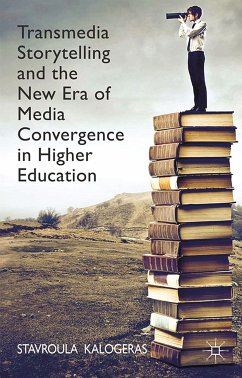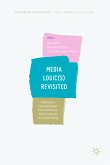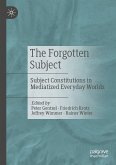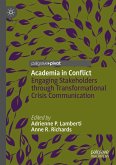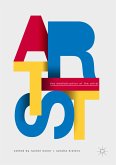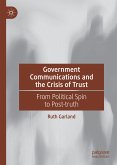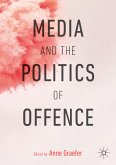Higher Education Institutions simultaneously critique and participate in national and international rankings of universities. However, this creates a difficult situation since if universities do participate in rankings they acquiesce to a system based in media logics that has little to do with academic norms of research. If they do not participate in the rankings they risk losing public funding, students and donors in an increasingly competitive and globalized environment. This book delves into the influence of journalists, business tycoons and multinational corporations in defining what world class is and how it will be measured. Rankings provide us with a rich study for understanding how universities define, deploy and manage their assets and liabilities in a mediatized globalized economy.
Dieser Download kann aus rechtlichen Gründen nur mit Rechnungsadresse in A, B, BG, CY, CZ, D, DK, EW, E, FIN, F, GR, HR, H, IRL, I, LT, L, LR, M, NL, PL, P, R, S, SLO, SK ausgeliefert werden.
"This is an excellent read which gives both conceptual and empirical analysis on the mediatization of higher education. The key strength of the book is the rich data used by Stack to challenge the claimed neutrality of rankings. ... This helps readers to understand her arguments, even if readers do not have a background in media education. This book is relevant not only to communications professionals, but also policymakers, university staff, educators, as well as university students." (Dorothy Ferary, Compare: A Journal of Comparative and International Education, June 05, 2019)

